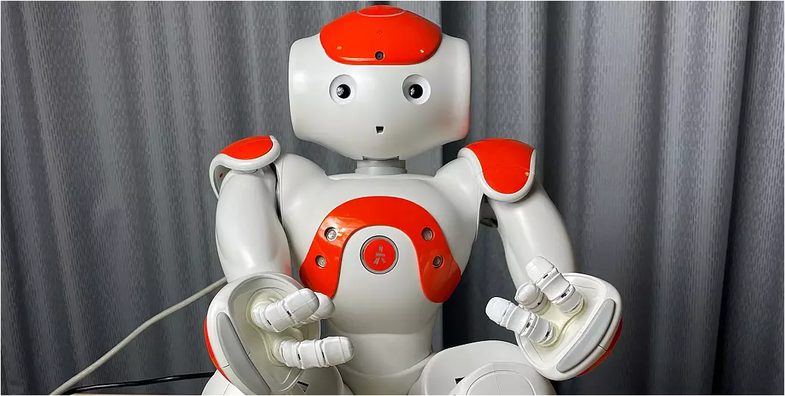
Robots may be effective in detecting mental wellbeing problems in children, a new study has found.
Using a child-sized robot in a study involving 28 children, researchers found that the robot may be better than parental testing or self-report at detecting problems.
Robot experts, computer scientists and psychiatrists from the University of Cambridge studied how children responded to the robot when it asked a series of standard psychological questions. In some cases, children shared information with the robot that they did not share during the standard method.
The University of Cambridge study is thought to be the first to look at how robots can help assess children's mental wellbeing.
The children all said they enjoyed interacting with the robot, and some shared information with it that they hadn't told it before. Other researchers have found that children are more likely to disclose private information – such as bullying – to a robot than an adult. Because of this, researchers say robots can be a useful tool for psychological assessment of children.
However, they emphasize that they should not be substitutes for humans. "We have no intention of replacing psychologists or other mental health professionals with robots, as their expertise exceeds anything a robot can do," said study co-author Dr. Micol Hospitals.
"However, our work suggests that robots can be a useful tool to help children open up and share things they may not initially feel comfortable sharing with adults."





